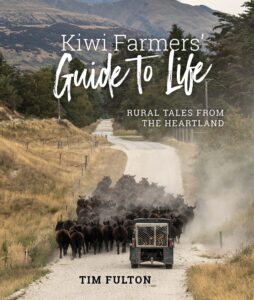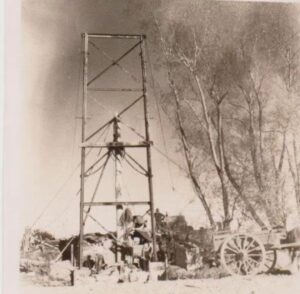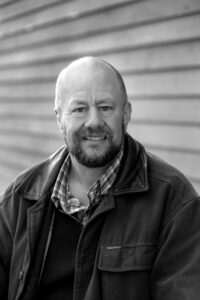


As a journalist I’ve worked for a variety of weekly and daily publications and published three nationally distributed rural books, a family memoir Straight off the Tussock (2005), Kiwi Farmers Guide to Life (Bateman Books June 2021) and The Clarence – People and Places of Waiau Toa (October 2022).
After completing a B.A and a post-graduate diploma in journalism at Canterbury University in the ‘90s I joined the Northern Outlook, then moved Auckland for five years, writing for farming papers including the old NZ Farmer and Straight Furrow. Rural journalism exposes you to a huge variety of people and issues, from farm management concerns to international politics. It’s also a job that requires patience, an analytical outlook and good people skills.
Not long after I went to Auckland for my journalism job, the Swannanoa sheep and crop farm that I grew up on, Larundel, was converted to dairy. Fortunately, the old home block is still in the family and my three brothers and I continue to enjoy it with our own families.
Returning home from Auckland in 2005, my wife and I moved to a small block at West Eyreton that my dad Gordon used to run as the Eyre Enterprises machinery co-op.
Back home I played rugby and cricket locally before getting involved in club administration, including three years as president of North Canterbury Rugby (2010-12)
That time also included two years for Stuff in Christchurch, covering the 2014 General Election. I then covered business for Stuff, with a focus on earthquake recovery, small business and agriculture.
In 2017, after a year with a Christchurch PR agency, I went out on my own as Tim Fulton Media, offering writing and communications advice for local, regional and national clients.
As a Swannanoa Cricket player and committee member I helped to drive the club’s return to Swannanoa Domain from Mandeville Sports Centre in 2009. At that time we obtained a loan from a Waimakarari District Council discretionary fund for a new artificial turf on the old concrete strip.
This funding put us in a position to restore the club pavillion, which started life generations ago as a tote box at the old Mandeville Jockey Club at Mandeville Domain (I love heritage restoration).
After re-joining Ohoka Rugby Club with my young family, in 2016 I was honoured to be awarded life membership of the club and then served four years as Ohoka president from late 2017 to early 2022.
During that time the club installed new LED lights on the kids Rippa field and contracted to install a replacement set of LEDs on the main No.3 practice field. This long-term project required a combination of club and grant funding, including Waimakarari District Council funding, totalling $75,000. With support from many people, the club is in good health at both junior and senior levels, in playing numbers and performance.
I am now a Waimakariri district councillor, representing the Oxford Ohoka ward. I am still writing books and contributing articles to rural publications.